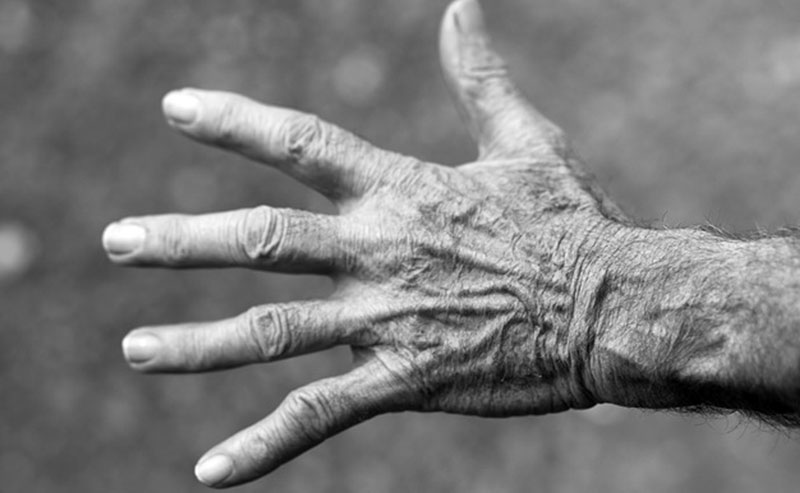Last May, Alaska’s Department of Health and Social Services actually took over operations of a nursing home in Anchorage. Officials cited numerous issues found by inspectors that put the health of the residents in jeopardy.
Collectively as a state, Nursing Home Report Cards ranks Alaska 16th in the nation in terms of how we treat our elderly. While #16 may sound decent, consider that the year before, Alaska was ranked #1 for its treatment of the elderly – that’s a 15 point plummet!
Why Did Alaska’s Ranking of Elderly Treatment Fall So Far?
It’s true that abuse of the elderly is a national problem. In fact, a study by the University of California’s Irvine School of Medicine found that one in ten elders in the U.S. face some form of abuse each year. The abuse can come in multiple forms, including physical abuse, financial exploitation, abandonment and emotional abuse
As for why Alaska’s ranking, in particular, fell so far, there was a host of reasons.
- The state’s nursing homes had three times as many severe deficiencies than the previous year.
- Facilities with above average scores in frontline caregivers dropped nearly 20% in each category.
- Alaska’s rate of some form of deficiency reported at 100% of the facilities was the worst in the U.S.
Signs of Elder Abuse
Because they are often physically frail and do not hear or think as clearly as they once did, our elderly population are particularly vulnerable to abuse.
While elders are particularly vulnerable to abuse in nursing homes, the majority of abusers are family members, so says the National Center on Elder Abuse.
There are a few telltale signs to look for in recognizing the possibility of elder abuse. These include:
- Quietness when caretakers are nearby
- Bruises, welts, black eyes, bedsores, bleeding or physical discomfort
- Sudden weight loss
- Changes in behavior
- Untreated injuries, open wounds or cuts in various stages of healing
- Emotional withdrawal
- Changes made to the patient’s will
- Caregiver’s refusal to allow an elder to be seen alone
Be a Regular and Make Yourself Known
If you have an elderly friend or loved one who lives in a nursing home, become a regular visitor. This lets the staff know that you’re going to be able to see the signs of any potential abuse and that you intend to be involved in the care of your loved one.
File a Complaint if You Suspect Elder Abuse
If you do see signs that make you suspect elder abuse, the first priority is to put an end to it. To do that, call the Alaska Department of Health and Social Services at 800-478-9996 or 907-269-3666.
Call Barber & Associates
After alerting the authorities, do not contact the nursing home administrators. Remember, their first priority is their business, so they may offer compensation in exchange for your signature absolving them of responsibility. DO NOT DO THIS!
You need the guidance of an experienced lawyer who thoroughly knows the elderly abuse laws of Alaska.
Here at Barber & Associates, we’ve built a well-earned reputation in successfully prosecuting cases involving accidents and elder abuse.
For a free initial consultation, call us at 907-276-5858 or send an email.
